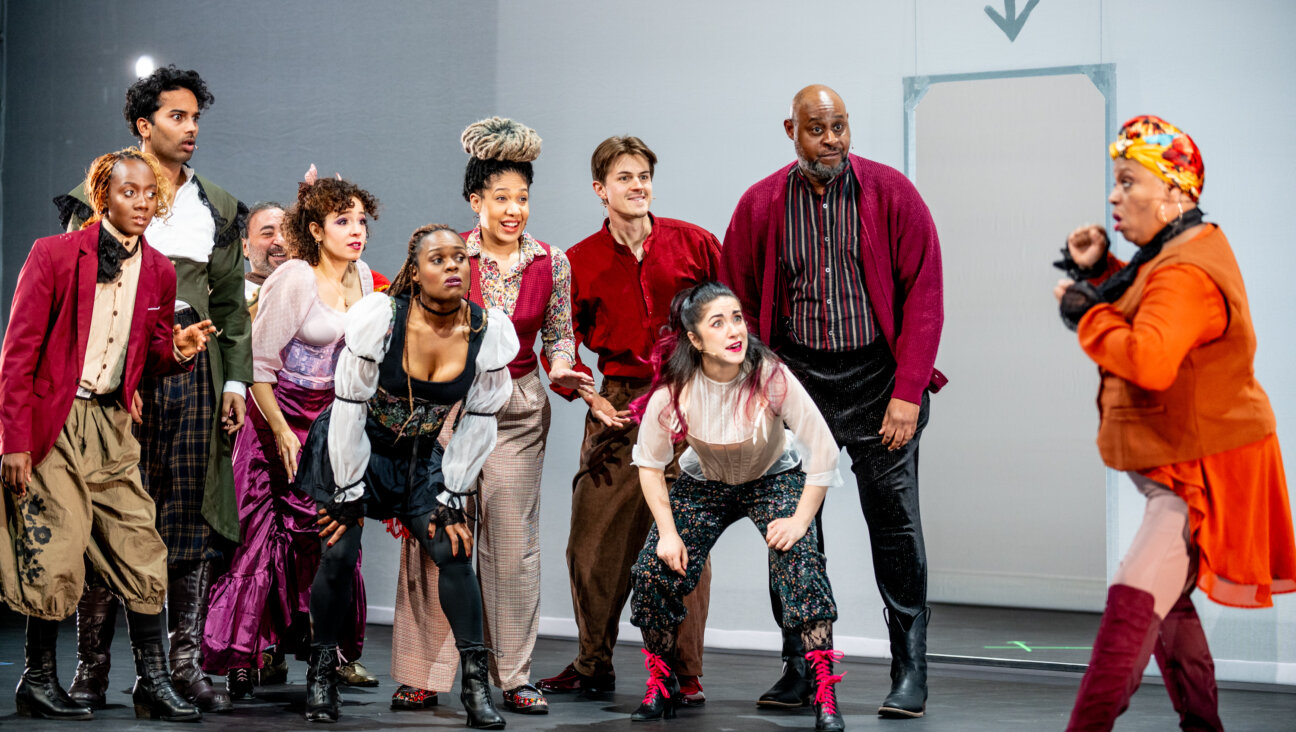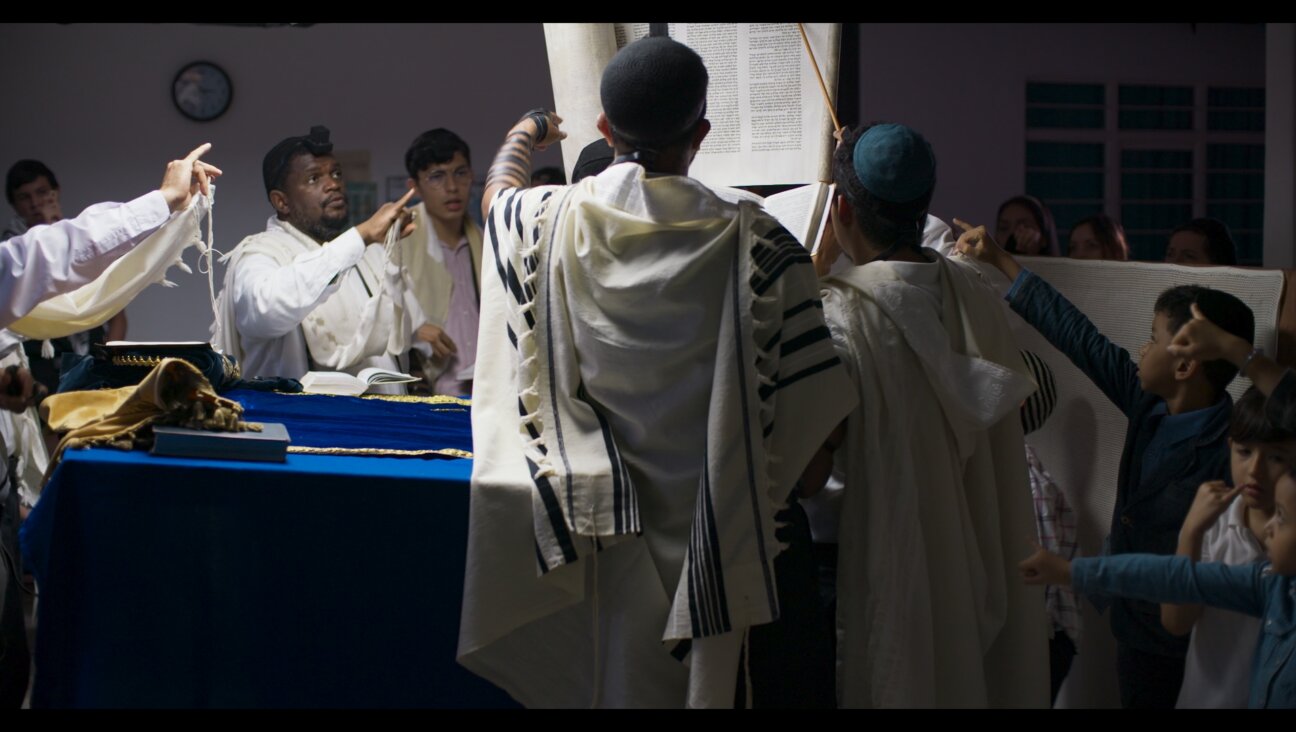Do we really need Dustin Hoffman starring in ‘Our Town?’

Dustin Hoffman Image by Getty/Jamie McCarthy/Staff
When Broadway finally reopens, it will be in the aftermath of a revolution. A global health pandemic and a national revolt against racism should advance efforts that theatermakers of color have been pushing for for years: inclusion and diversity in casting and production and stories that reflect their lives. The reckoning hasn’t yet reached Grover’s Corners.
According to Deadline, Thornton Wilder’s 1938 Pulitzer-winning play “Our Town” is set for a 2021 revival backed by producer Scott Rudin and helmed by “To Kill a Mockingbird” director Bartlett Sher. Dustin Hoffman is pegged to play the role of the drama’s narrator, the Stage Manager.
With many clamoring for more voices of color and a broader view of the American experience, the project — the first major one to be announced for a post-COVID world — seems like an odd one, resetting the culture back almost 100 years with a play that was, even for its time, a period piece. While we’re not sure what Sher has in mind for his take on the story of life and loss in a tiny American town, we do know Hoffman is slated to take the lead. He will be yet another white man dictating the events of the play, and a problematic one at that.
Hoffman, who last graced the Great White Way in 1989 with his Tony-nominated turn as Shylock, has been [accused by multiple women of sexual assault and harassment, including on Broadway.
One accuser, actor Kathryn Rossetter, wrote in a guest column in the Hollywood Reporter that when she was acting with Hoffman in the 1983 revival of “Death of a Salesman,” the veteran actor would grope her backstage “almost every show.” In her column, Rossetter provided a picture of Hoffman and her at a party with his hand cupped over her breast (something he allegedly did multiple times right before pictures were taken). She also alleged that Hoffman lifted her slip over her head “exposing my breasts and body to the crew and covering my face.”
In response to the column, Hoffman’s representatives directed THR to individuals who worked on the production and said they did not witness the conduct Rossetter described. He formally denied two accusations of assault, one brought by a woman who was 16 at the time of the alleged incident.
Making Hoffman, a white man, the play’s central figure, fails the moment. Casting him in spite of these allegations fails an earlier #MeToo moment. (And the two moments overlap in large, intersectional ways, as so many victims of sexual assault are people of color.)
I understand the impulse to return to life in the theater with a broad, tender gesture to the American past and perhaps Sher hopes to include allusions to our current climate and the racism of the past in his re-imagining of the text. Perhaps his goal in re-approaching this piece of understated Americana, written by a gay man, is to mine a fresh subtext, admitting life in the United States was only ever simple for some and applying its themes of transience to a broader swath of people.
But to have someone like Hoffman hold forth with a pocket watch is something we’ve seen before. His ilk has controlled the narrative long enough, and the plot has changed.
PJ Grisar is the Forward’s culture reporter. He can be reached at [email protected].
A message from our Publisher & CEO Rachel Fishman Feddersen

I hope you appreciated this article. Before you go, I’d like to ask you to please support the Forward’s award-winning, nonprofit journalism so that we can be prepared for whatever news 2025 brings.
At a time when other newsrooms are closing or cutting back, the Forward has removed its paywall and invested additional resources to report on the ground from Israel and around the U.S. on the impact of the war, rising antisemitism and polarized discourse.
Readers like you make it all possible. Support our work by becoming a Forward Member and connect with our journalism and your community.
— Rachel Fishman Feddersen, Publisher and CEO
























